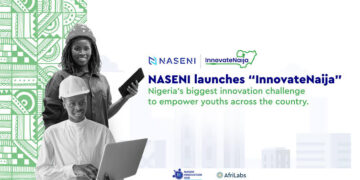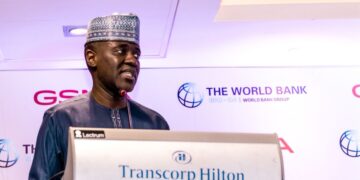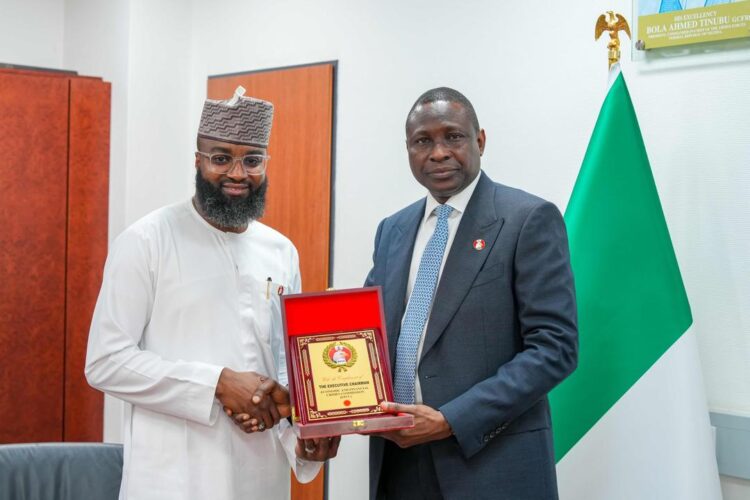The Executive Vice Chairman and Chief Executive Officer of the National Agency for Science and Engineering Infrastructure (NASENI), Mr. Khalil Halilu, has reaffirmed the Agency’s commitment to institutional transparency and accountability during a courtesy visit to the headquarters of the Economic and Financial Crimes Commission (EFCC) in Abuja on Tuesday, April 29, 2025.
The visit, led by Mr. Halilu, was aimed at expressing NASENI’s appreciation for the EFCC’s invaluable support in developing the Agency’s Corruption Risk Assessment (CRA) and Standard Operating Procedure (SOP), as well as to strengthen the ongoing collaboration between the two institutions.
Welcoming the NASENI delegation, the Executive Chairman of the EFCC, Mr. Ola Olukoyede, decried widespread non-compliance with regulations and due process in Ministries, Departments, and Agencies (MDAs), which he described as a major enabler of corruption and financial crimes in the country.
“If there’s anything most of our MDAs are lacking, it is the issue of compliance,” Olukoyede said. “There is a lack of compliance in the award of contracts, management processes, financial regulations, and so on. Once there’s a breach, it creates a loophole that others exploit to perpetrate even more egregious acts.”
He commended the NASENI leadership for its commitment to internal reforms and transparency, particularly through the collaborative development of the CRA and SOP. While noting that the documents were commendable, he emphasized that real impact would depend on the willingness of personnel to implement them faithfully.
“CRA is good, but it will not bring about change unless the people are ready to change and follow due process,” he said. “I salute your courage for the modest achievements you’ve made since assuming office.”
In his remarks, Mr. Halilu expressed gratitude to the EFCC for its continued partnership and support. He noted that one of his first actions upon assuming office was to invite the EFCC to evaluate NASENI’s systems and recommend reforms.
“We came here today to thank you for the relationship and for assigning nine of your best officers to support our anti-corruption reforms,” he stated. “The collaboration has yielded one of our most significant institutional achievements.”
He disclosed that the process of formulating NASENI’s CRA and SOP began in 2022, involving a joint team of nine EFCC officers and ten NASENI officials. The SOP alone resulted in a 1,900-page document compiled into 45 booklets—an unprecedented feat in NASENI’s institutional history.
“We believe that this work is not just about documents, but about culture and systems. That is why we seek the EFCC’s continued partnership to ensure these reforms take root,” he added.
The visit underscored NASENI’s resolve to institutionalize accountability while deepening its collaboration with key anti-corruption agencies.































